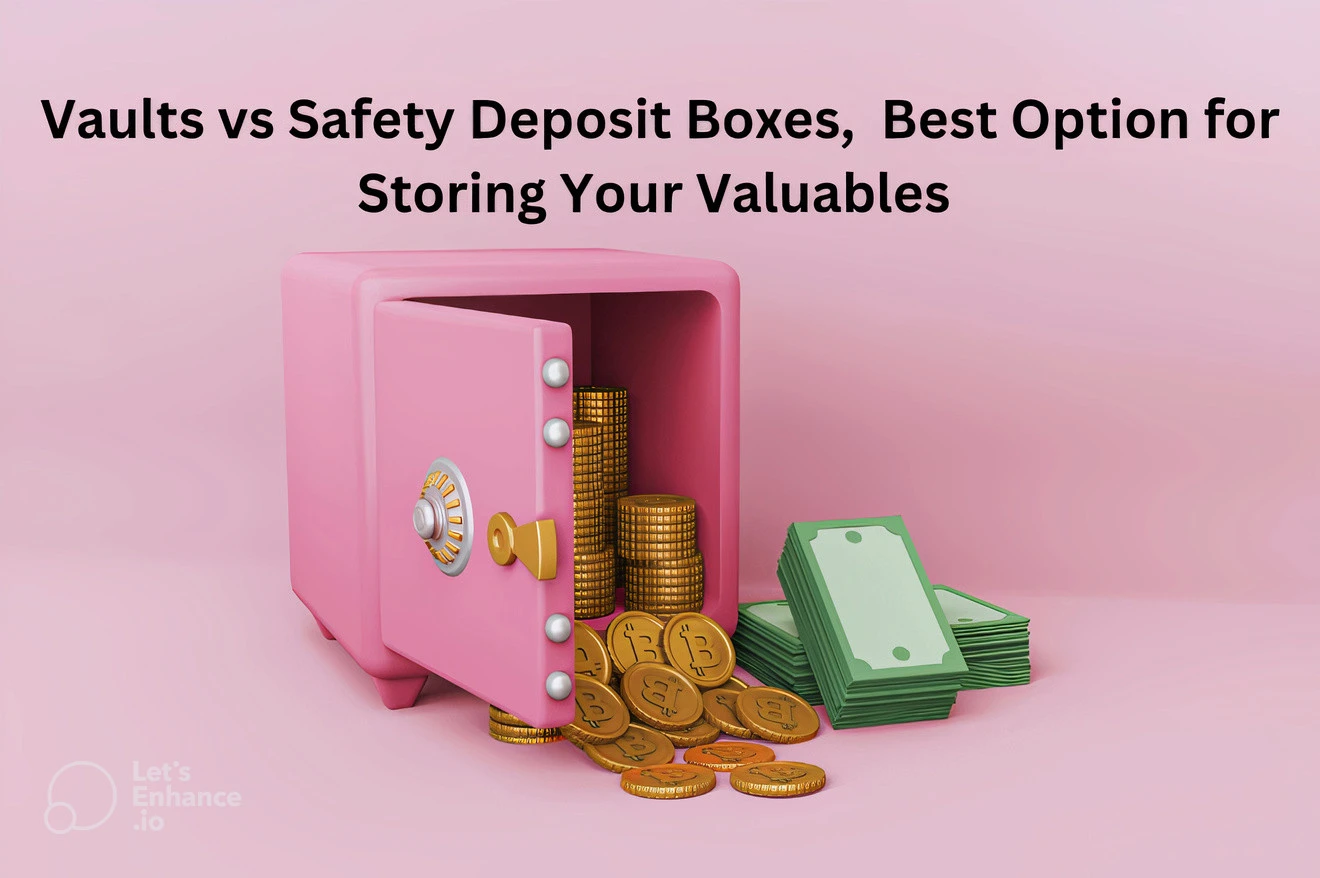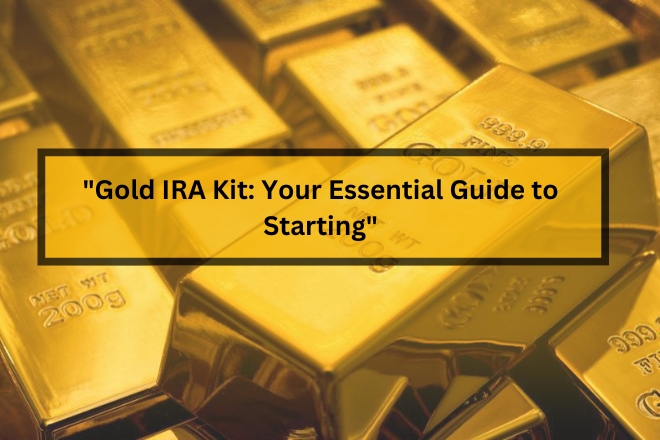Vaults vs Safety Deposit Boxes

Vaults vs Safety Deposit Boxes, Choosing the right storage solution for your gold can significantly impact its security and accessibility. While vaults offer superior protection and quick access for serious investors, safety deposit boxes in banks provide a more affordable option for storing smaller amounts of gold with limited access. Understanding the key differences between these two options is essential for making an informed decision. In this article, we will explore the pros and cons of vaults and safety deposit boxes, helping you determine the best choice for your gold storage needs.”
What Are Safety Deposit Boxes?
A safety deposit box is a small, locked container located inside a bank’s vault. Customers can rent these boxes to store important items, such as deeds, jewelry, or even small amounts of cash and gold. Access to safety deposit boxes is typically limited to bank business hours, and customers need to use a key (or sometimes a key in combination with a code) to open their box.
Advantages of Safety Deposit Boxes
- Affordability: Renting a safety deposit box is usually relatively inexpensive, making it an accessible option for people who want a secure place for their valuables.
- Bank Security: Banks have strong security measures in place, including surveillance, alarms, and guards. Your safety deposit box benefits from the same level of protection as the bank’s assets.
- Privacy: Most banks don’t require you to disclose the contents of your safety deposit box, so your valuables remain private.
- Fire and Flood Protection: Banks are built to withstand natural disasters, offering better protection against fire and floods than most homes.
Disadvantages of Safety Deposit Boxes
- Limited Access: Since safety deposit boxes are stored inside banks, you can only access your items during the bank’s working hours. This can be inconvenient if you need immediate access to your belongings, especially on weekends or holidays.
- No Insurance from the Bank: Banks typically do not insure the contents of safety deposit boxes. If you store valuable items like gold or jewelry, you’ll need to purchase separate insurance to cover loss, theft, or damage.
- Size Limitations: Safety deposit boxes come in various sizes, but they are generally much smaller than private vaults, making them unsuitable for storing large quantities of items or bulky valuables.
What Are Private Vaults?
A private vault is a secure storage facility that specializes in safeguarding valuables, particularly precious metals, high-value collectibles, and other assets. Unlike safety deposit boxes, private vaults offer more extensive services and are often designed for larger and more valuable collections.
Advantages of Private Vaults
- Superior Security: Private vaults are designed specifically for high-value items. They often employ advanced security technologies, such as biometric access, 24/7 surveillance, and motion sensors.
- 24/7 Access: Many private vaults allow clients to access their stored items around the clock. This flexibility can be especially important if you need access to your valuables outside of regular business hours.
- Larger Storage Options: Private vaults can accommodate larger storage needs, whether you are storing gold bars, rare artwork, or high-value documents. They offer a variety of storage spaces, from small lockers to large rooms.
- Insurance: Unlike banks, many private vault companies offer insurance as part of their service. This means your items are automatically covered against theft, damage, or loss.
- Specialized Storage Conditions: Private vaults may offer specific environmental controls, such as humidity and temperature regulation, making them ideal for storing items sensitive to environmental changes, like artwork or antique documents.
Disadvantages of Private Vaults
- Cost: Private vault services are generally more expensive than safety deposit boxes. However, the added expense may be justified by the superior security and convenience.
- Location: Many private vaults are located in major cities or financial hubs, which could be inconvenient for individuals living in rural or suburban areas. Travel time to access your vault may be a consideration.
- Reputation and Reliability: Not all private vault providers are created equal. Choosing a reputable company with a strong track record is essential to ensuring your valuables are well-protected.
Key Differences Between Vaults vs Safety Deposit Boxes
While both options offer secure storage, there are several key differences between vaults and safety deposit boxes that are worth considering:
1. Accessibility
- Safety Deposit Boxes: Access to safety deposit boxes is restricted to the bank’s business hours. This can be limiting if you need urgent access to your valuables outside of normal banking hours.
- Private Vaults: Many private vaults offer 24/7 access to your items, making them much more flexible. If you travel frequently or need access to your valuables at odd hours, this can be a significant advantage.
2. Security Measures
- Safety Deposit Boxes: While safety deposit boxes benefit from the overall security of the bank, they may not have the advanced features that private vaults offer. Security is generally good, but not always top-tier.
- Private Vaults: Private vaults often have higher levels of security, including biometric access controls, state-of-the-art surveillance systems, and heavily fortified storage rooms.
3. Storage Capacity
- Safety Deposit Boxes: These boxes are smaller in size and are suitable for documents, small valuables, and jewelry. If you’re storing larger items, such as gold bars, art, or larger quantities of cash, you may quickly run out of space.
- Private Vaults: Private vaults are designed for larger storage needs. They can accommodate everything from small precious metals to larger items like safes or valuable collections.
4. Insurance
- Safety Deposit Boxes: Banks typically do not provide insurance for the contents of safety deposit boxes. You will need to arrange separate coverage, which can be an additional cost.
- Private Vaults: Many private vault services offer insurance as part of their storage plans, which provides peace of mind for valuable assets.
5. Cost
- Safety Deposit Boxes: Renting a safety deposit box is usually more affordable than a private vault, but you may need to pay for additional insurance, which can add to the overall cost.
- Private Vaults: Private vaults are more expensive due to the higher level of security, larger storage options, and often included insurance. However, for individuals storing significant amounts of wealth or irreplaceable items, the cost may be justified.
Which Option Is Right for You?
Choosing between a safety deposit box and a private vault depends largely on your specific needs. If you’re storing small, important items that you don’t need frequent access to—such as legal documents or family heirlooms—a safety deposit box may be the more affordable and practical option.
On the other hand, if you’re storing a larger collection of valuables, such as gold bars, artwork, or other high-value assets, a private vault offers superior security, larger storage space, and greater accessibility. Private vaults are especially attractive for those who require 24/7 access or need the peace of mind that comes with having comprehensive insurance and cutting-edge security.
FAQs
What is the main difference between a safety deposit box and a vault?
The main difference is in security and accessibility. Vaults typically offer higher security and 24/7 access, while safety deposit boxes are more affordable but only accessible during bank hours.
Can I insure the contents of a safety deposit box?
Yes, but you will need to purchase separate insurance as banks do not typically cover the contents of safety deposit boxes.
Is it safe to store gold in a safety deposit box?
Yes, safety deposit boxes offer a secure environment for storing gold, but if you need frequent access or additional insurance, a private vault may be a better option.
How much does a private vault cost?
Costs for private vaults vary but are generally higher than safety deposit boxes due to enhanced security and larger storage spaces. Many private vaults also include insurance in their fees.
Are private vaults safer than safety deposit boxes?
Private vaults often have more advanced security features, making them safer for storing high-value assets compared to standard bank safety deposit boxes.
Conclusion
When comparing vaults vs safety deposit boxes, the choice comes down to what you value most, affordability and convenience or high-level security and flexibility. Safety deposit boxes are an economical choice for storing small, valuable items, but they come with access limitations and may require separate insurance. Private vaults, while more costly, offer superior security, larger storage spaces, and 24/7 access, making them ideal for individuals with substantial wealth or large collections.
Ultimately, the decision between a vault and a safety deposit box depends on the value and volume of the items you need to store, your access needs, and your budget. By weighing these factors carefully, you can choose the storage solution that best meets your requirements.






